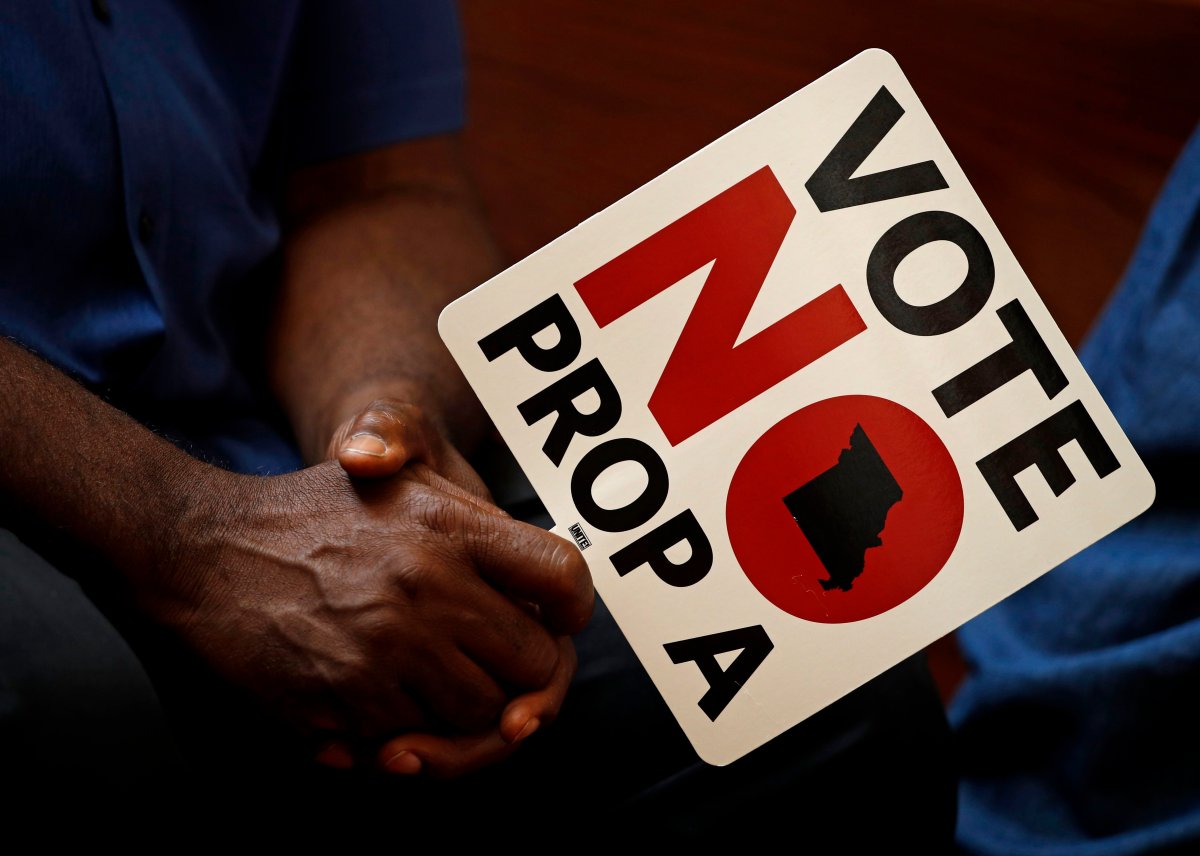Missouri voters have rejected a right-to-work law banning mandatory union fees in workplace contracts.

The vote Tuesday marked a major victory for unions, which poured millions of dollars into a campaign to defeat Proposition A.
Coverage of unions on Globalnews.ca:
The right-to-work law originally was enacted in 2017 by Missouri’s Republican-led Legislature and governor. But it never took effect, because unions gathered enough petition signatures to force a public referendum on it.
Unions argued the measure would have led to lower wages, while business groups claimed it could have led to more jobs. Economic studies showed mixed and sometimes conflicting results.
READ MORE: Ottawa wants higher labour standards in the new NAFTA. Will Canadians benefit?
Twenty-seven other states have similar laws against compulsory union fees, including five Republican-led states that have acted since 2012 – Indiana, Michigan, Wisconsin, West Virginia and Kentucky.
- Alberta to overhaul municipal rules to include sweeping new powers, municipal political parties
- Grocery code: How Ottawa has tried to get Loblaw, Walmart on board
- Military judges don’t have divided loyalties, Canada’s top court rules
- Norad looking to NATO to help detect threats over the Arctic, chief says








Comments